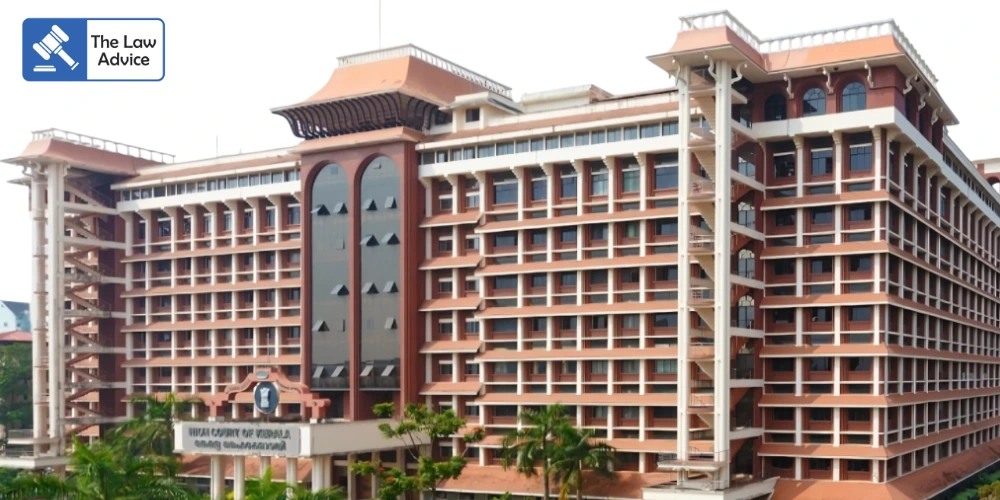
In a significant ruling, the Kerala High Court on Thursday (October 30) overturned the acquittal of a father and stepmother in the 2013 Adhithi murder case and sentenced both to life imprisonment for the brutal killing of the six-year-old girl.
A Division Bench comprising Justice Raja Vijayaraghavan V. and Justice K.V. Jayakumar allowed the State’s appeal and set aside the earlier decision of the Sessions Court, which had found the duo guilty only of lesser offences under Sections 323 and 324 read with Section 34 of the Indian Penal Code (IPC), and Section 23 of the Juvenile Justice (Care and Protection of Children) Act, 2000.
The Bench held that the trial court had failed to appreciate the medical evidence and witness testimonies in their true context.
“After a detailed scrutiny of both oral and documentary evidence, we are convinced that the prosecution has established that Adhithi’s death was homicidal and caused by the accused. The Sessions Judge failed to properly interpret the medical evidence, which clearly indicated a shared intention and coordinated act leading to the child’s death, thereby attracting Section 302 read with Section 34 IPC,” the Court observed.
After hearing the accused on the question of sentencing, the Court imposed life imprisonment, noting that the case did not warrant the death penalty as there were no exceptional reasons justifying it.
According to the prosecution, the father and stepmother subjected Adhithi and her 10-year-old brother (PW1) to severe cruelty, including beatings, starvation, and denial of medical care.
The charge sheet accused them under Sections 323, 324, 307, 302 read with Section 34 IPC and Section 23 of the Juvenile Justice Act.
PW1 testified that both children were frequently beaten with a wooden plank, kicked, starved, and denied medical treatment. He described horrific acts such as the stepmother pouring boiling water on Adhithi’s private parts and forcing her to drink hot barley water. The repeated assaults ultimately caused fatal injuries.
On the night of the incident, PW1 recounted that Adhithi was beaten again and later found unresponsive. She was rushed to the hospital, where she was declared dead.
A week later, a medical examination of PW1 revealed multiple scars, corroborating his testimony of sustained abuse.
Dr. Ambili Aravind, who conducted the autopsy, opined that the cause of death was neurogenic shock due to pain from blunt trauma to the abdomen and back, combined with prolonged neglect and ill treatment.
Neighbours and relatives also testified that the accused often kept the children isolated and unleashed dogs to prevent outsiders — including Childline officials — from entering the house.
The Court found these statements consistent with PW1’s account, terming his testimony “natural, credible, and trustworthy.”
“PW1, being the only eyewitness to what transpired within the confines of the house, provided a genuine and reliable account. His evidence reveals the horrifying, sadistic, and inhuman torture inflicted upon the children,” the Bench stated.
The defence contended that Adhithi died due to epilepsy. However, the High Court dismissed this argument, holding that the medical and circumstantial evidence ruled out natural causes.
The Bench noted that the accused failed to provide a plausible explanation for the child’s death, despite being legally obligated to do so under Section 106 of the Indian Evidence Act.
“The accused were duty-bound to offer a reasonable and credible explanation for the cause of death. Their complete failure to do so further strengthens the inference of guilt,” the Court said.
Applying the principles laid down by the Supreme Court in Virsa Singh v. State of Punjab, the High Court concluded that the case fell within the “thirdly” clause of Section 300 IPC, which covers intentional acts that are sufficient in the ordinary course to cause death, even if death was not directly intended.
The Court held that the Sessions Court’s findings were perverse and contrary to the weight of evidence, warranting appellate interference.
Case Title: State of Kerala v. Subramanian Namboothiri & Anr.
Case Number: Crl. Appeal No. 696 of 2018
Website designed, developed and maintained by webexy